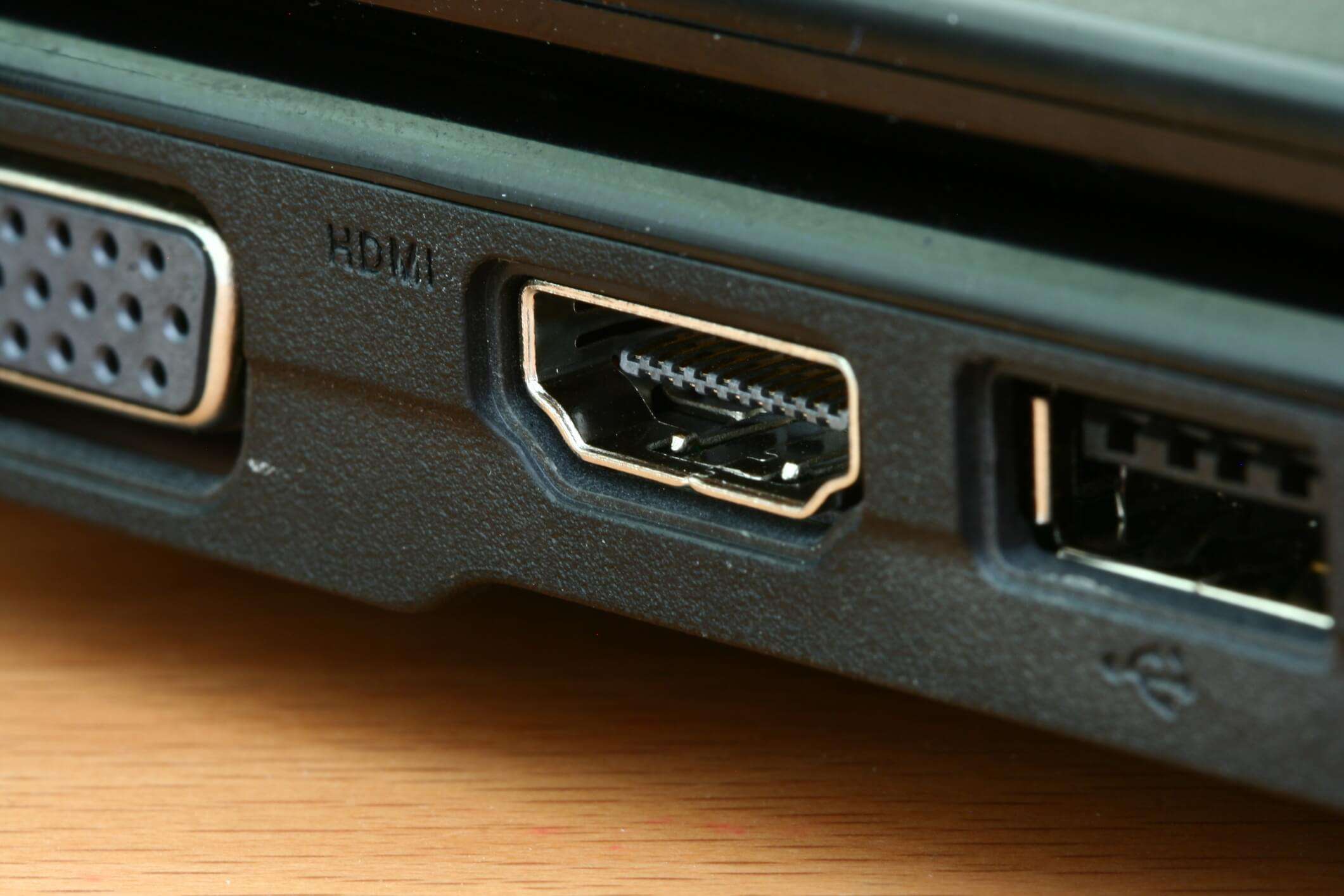What Is a Good Credit Score?
A good credit score is typically anything above 680. This is the minimum score lenders will accept for most loans, including mortgages. A score of 720 or higher is considered excellent and will get you the best interest rates on loans.
If your score is below 680, you may still be able to get a loan but you’ll likely pay a higher interest rate. A score below 620 is considered poor and makes it difficult to get approved for loans.
Best Guide to Improve Your Credit Score
There are a few key things you can do to improve your credit score:
- Make sure you’re paying all your bills on time – This includes credit card bills, utility bills, and any other type of bill you may have.
- Try to keep your credit utilization low – This is the amount of debt you have compared to your credit limit. For example, if you have a $1000 credit limit and you owe $500, your credit utilization is 50%.Ideally, you want to keep your credit utilization below 30%.
- Use a mix of different types of credit – This could include a mortgage, a car loan, and a few different types of credit cards. This shows lenders that you can handle different types of debt and helps improve your credit score.
- Check your credit report regularly for accuracy – You’re entitled to a free credit report from each of the three major credit bureaus every year.
- Don’t apply for new credit unnecessarily – Every time you apply for credit, it results in a hard inquiry on your credit report. Too many of these can hurt your credit score. So only apply for new credit when you really need it.
Following these steps can help you improve your credit score and get you closer to your goal of a 720 or higher.
Types of Credit Score
There are many different types of credit scores out there. The most common type is the FICO® Score, which is used by 90% of lenders.
Other popular credit scores include the VantageScore® and the Experian Credit Score.
It’s important to note that each lender will use a different type of credit score when considering your loan application. So it’s a good idea to check with your lender to see which type of score they use. Also read more about car loan interest & how it works.
Why Are There Different Credit Scores?
Different credit scores exist because there are different ways to measure creditworthiness. The FICO® Score, for example, looks at your payment history, credit utilization, length of credit history, and other factors.
The VantageScore®, on the other hand, considers things like missed payments, utilizations, and types of credit used.
So while different credit scores may consider different factors, they all aim to do the same thing: give lenders an idea of how likely you are to repay a loan.
What are the Benefits of Having Good Credit Score?
There are many benefits of having a good credit score. For one, you’ll likely be approved for more loans and lines of credit. And if you are approved, you’ll usually get better interest rates than people with poor credit scores.
This can save you a lot of money over time. For example, let’s say you want to take out a $10,000 loan. If you have a good credit score, you may be able to get an interest rate of 5%. This would result in monthly payments of $200 and total interest paid of $1,000 over the life of the loan.
If your credit score is poor, on the other hand, you may only be approved for a higher interest rate of 15%. This would result in monthly payments of $300 and total interest paid of $3,000.
As you can see, having a good credit score can save you a lot of money in the long run. So it’s definitely worth your while to take steps to improve your credit score.
Conclusion
A good credit score is important if you want to get approved for loans and lines of credit. It can also save you a lot of money in the long run by getting you better interest rates. There are a few key things you can do to improve your credit score, such as paying your bills on time, keeping your credit utilization low, and using a mix of different types of credit. Checking your credit report regularly for accuracy is also important. And finally, don’t apply for new credit unnecessarily, as this can hurt your score.










